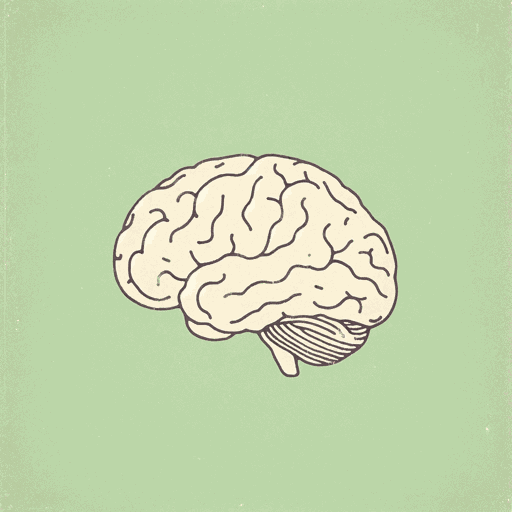56 pages • 1 hour read
Oliver SacksMusicophilia: Tales of Music and the Brain
Nonfiction | Book | Adult | Published in 2007A modern alternative to SparkNotes and CliffsNotes, SuperSummary offers high-quality Study Guides with detailed chapter summaries and analysis of major themes, characters, and more.
Index of Terms
Amusia
People with amusia are unable to perceive differences in tone and pitch. Amusia can be either congenital or acquired, temporary or permanent. It may have a known cause, such as a brain injury, or it may be totally spontaneous, like when Oliver Sacks suddenly found himself unable to enjoy his favorite music because he could no longer hear it as music. Sacks notes that people with amusia often still enjoy music, just not from a technical perspective. If amusia is acquired by a musician, it can be devastating, but many learn to adapt based on memory and vision cues. An alternate form of amusia known as cochlear amusia occurs when a person’s inner ear (cochlea) becomes damaged and the hair cells that pick up tones no longer operate as they should.
Amnesia
Amnesia is a term classically used to refer to any type of memory loss, whether temporary or permanent. Stereotypical depictions involve a person forgetting where they were or what they did, but amnesia can also take a more permanent form as a result of a brain injury or infection. This was the case for Clive Wearing, whose brain infection left him unable to remember most of his life and interests.
Related Titles
By Oliver Sacks

An Anthropologist on Mars: Seven Paradoxical Tales
Oliver Sacks

Hallucinations
Oliver Sacks

On the Move: A Life
Oliver Sacks

Seeing Voices
Oliver Sacks

The Man Who Mistook His Wife for a Hat
Oliver Sacks

The River of Consciousness
Oliver Sacks

Uncle Tungsten
Oliver Sacks

